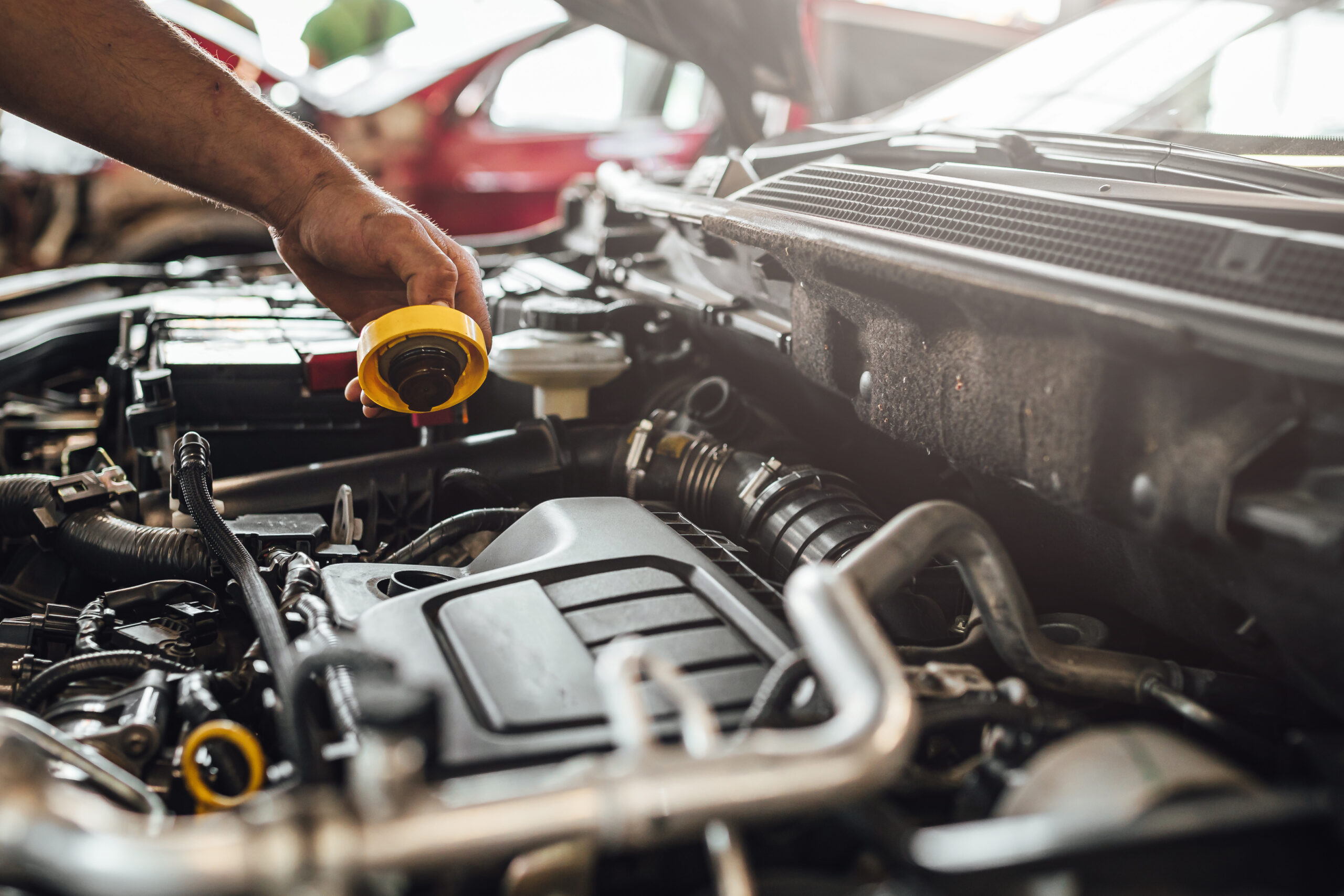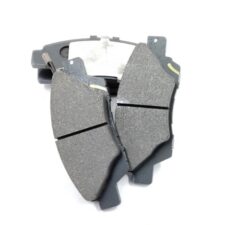Subtotal:
₹3,141.00
How Importance of changing engine oil for your car!!

What is an Oil Change?
An oil change is the process of removing and replacing the viscous fluid- otherwise known as oil- that runs through an internal combustion engine (aka the type of engine in a vehicle).
The parts inside the engine move incredibly fast, which generates both friction and heat. Engine oil provides lubrication, which allows the parts to work together effectively without overheating or seizing. Think about it like cooking: If you forget to add oil your food sticks to the pan. Add oil and it no longer sticks!
Why Do I Need it?
Unless you drive a Battery Electric Vehicle (BEV) your vehicle is likely powered by an internal combustion engine, which requires oil. Over time, the fast-moving parts breakdown the oil and lessen its ability to absorb heat and lubricate the engine. That’s why your vehicle actually NEEDS to have its oil changed! If you continue to use the same oil your engine has a very good chance of overheating or simply seizing all together. The new oil from an oil change allows the engine to run smoother, cleaner and safer.
How Often Do I Need an Oil Change?
It depends on many factors, including what kind of vehicle you drive, how often do you drive, and whether you drive the vehicle hard. To avoid confusion, car manufacturers have created standardized kilometre-based intervals. Every manufacturer creates unique schedules, but changing your oil every 5,000km to 8,000 km will never hurt.
My Oil is black: Does this mean it needs to be Changed?
The fact that the engine oil is black does not at all indicate it needs to be changed. Actually, when the oil is black it means it is doing its job of dispersing the tiny metal particles caused by the friction between the engine parts and keeping them suspended in the oil so that they do not clump together. These suspended particles are what make the oil black. The fact that oil is black does not have affected its ability to lubricate and protect the engine, and the biggest impurities are filtered by the oil filter anyways.
Of course, the particle retention capacity is limited, and sooner or later the oil reaches a saturation point and it needs to be changed or purified to continue providing optimal lubrication.
When should you Change the Oil Filter?
Changing the oil filter is recommended whenever changing the oil. Why? First of all so that the new oil is not contaminated by the old oil, and also because the filter loses of its effectiveness over time. Over time, conventional filters clog up and stop doing what they are supposed to, putting your engine at risk. This is why you need to change the oil and replace the filter at the same time (depending on the mileage or the maintenance indicator if your vehicle has one). Or, you could install a self-cleaning, lifetime filter, which means no more routine oil and filter changes! The oil stays clean thanks to the filter, and the lubrication it provides is uninterrupted.

